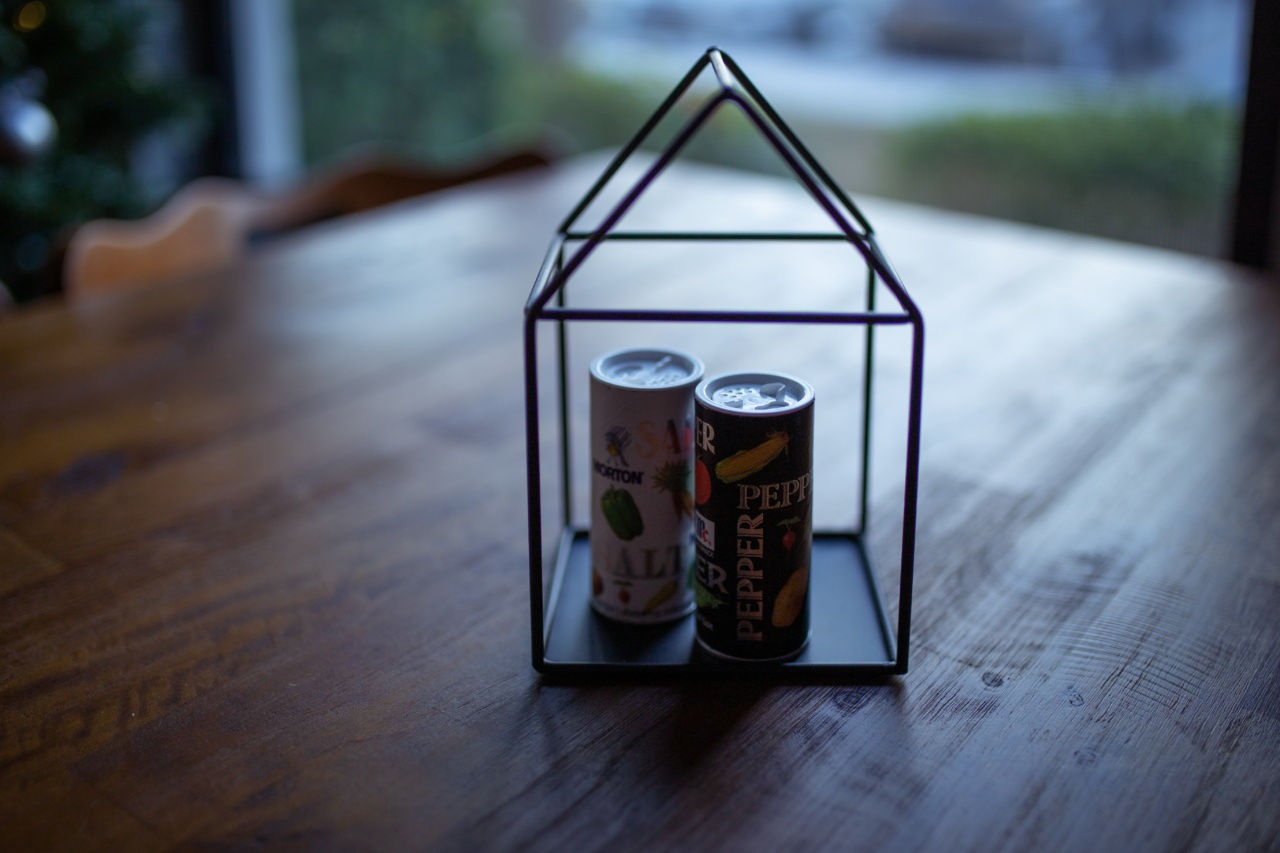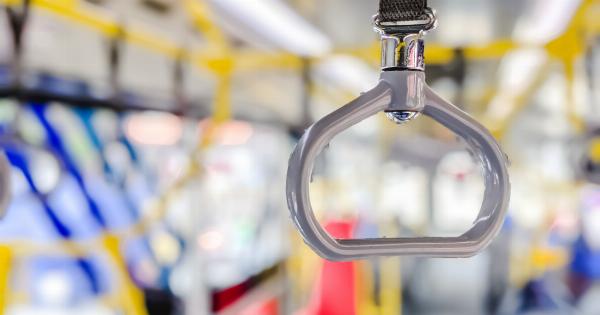Caffeine is a central nervous system stimulant commonly found in coffee, tea, energy drinks, chocolate, and some medications. It is estimated that more than 80% of adults consume caffeine daily, with an average intake of around 200mg per day.
However, during pregnancy, questions arise whether caffeine intake can affect the baby’s health.
How does Caffeine Affect Pregnancy?
While most studies agree that moderate caffeine intake during pregnancy is generally safe, there are certain health concerns that pregnant women should be aware of.
The effects of caffeine on pregnancy are still under investigation; however, research indicates that high levels of caffeine intake may increase the risk of miscarriage, low birth weight, preterm birth, and developmental delays.
The American College of Obstetricians and Gynecologists (ACOG) recommends that pregnant women consume no more than 200mg of caffeine per day, which is roughly equivalent to one 12-ounce cup of coffee.
However, it is essential to note that caffeine content varies significantly in different products, which means a person should be mindful of what they consume.
How Much Caffeine is Safe During Pregnancy?
As mentioned above, pregnant women are advised to limit caffeine intake to 200mg per day. However, this may vary from person to person, and women with specific health conditions or problems should consult with their doctor before consuming caffeine.
Caffeine may also remain in the body for up to 12 hours, which means that consuming caffeine before bedtime might disturb sleep. Pregnant women should also avoid consuming caffeine-containing products before bed to ensure adequate sleep and rest.
Which Foods and Drinks Contain Caffeine?
There are numerous food and drink items that contain caffeine. Some of the most common caffeine-containing products include:.
- Coffee: A 12-ounce cup of brewed coffee contains around 140mg of caffeine
- Tea: A 12-ounce cup of brewed black tea contains around 47mg of caffeine
- Soda: A 12-ounce can of soda contains around 30mg of caffeine
- Chocolate: One ounce of dark chocolate contains around 23mg of caffeine
- Energy Drinks: The caffeine content in energy drinks can vary significantly, with some brands containing over 200mg per serving
What Are The Risks of High Caffeine Intake During Pregnancy?
High levels of caffeine intake have been associated with a range of adverse pregnancy outcomes, including:.
- Miscarriage: In some studies, high levels of caffeine intake (>200-300mg/day) have been associated with an increased risk of miscarriage
- Low Birth Weight: High caffeine intake during pregnancy has been associated with low birth weight in some studies.
- Preterm birth: Some studies have also found that high caffeine intake may increase the risk of preterm birth.”
- Developmental Delays: Several studies have reported that high caffeine intake may lead to developmental delays in children later in life.
Should You Eliminate Caffeine During Pregnancy?
Pregnant women are not necessarily required to eliminate caffeine from their diet completely. Instead, they should be mindful of their caffeine intake and avoid consuming more than the recommended daily limit of 200mg.
If you’re concerned about your caffeine intake, discuss it with your doctor who might be able to give you more specific advice on caffeine intake during pregnancy.
The Bottom Line
Caffeine is a central nervous system stimulant commonly found in coffee, tea, energy drinks, chocolate, and some medications.
While moderate caffeine intake during pregnancy is generally safe, high levels of caffeine consumption may increase the risk of miscarriage, low birth weight, preterm birth, and developmental delays. Pregnant women are advised to limit caffeine intake to 200mg per day, which is roughly equivalent to one 12-ounce cup of coffee.
It is crucial to read labels carefully to determine the caffeine content of food and drink items and consult with your doctor if you have any concerns about your caffeine intake.































